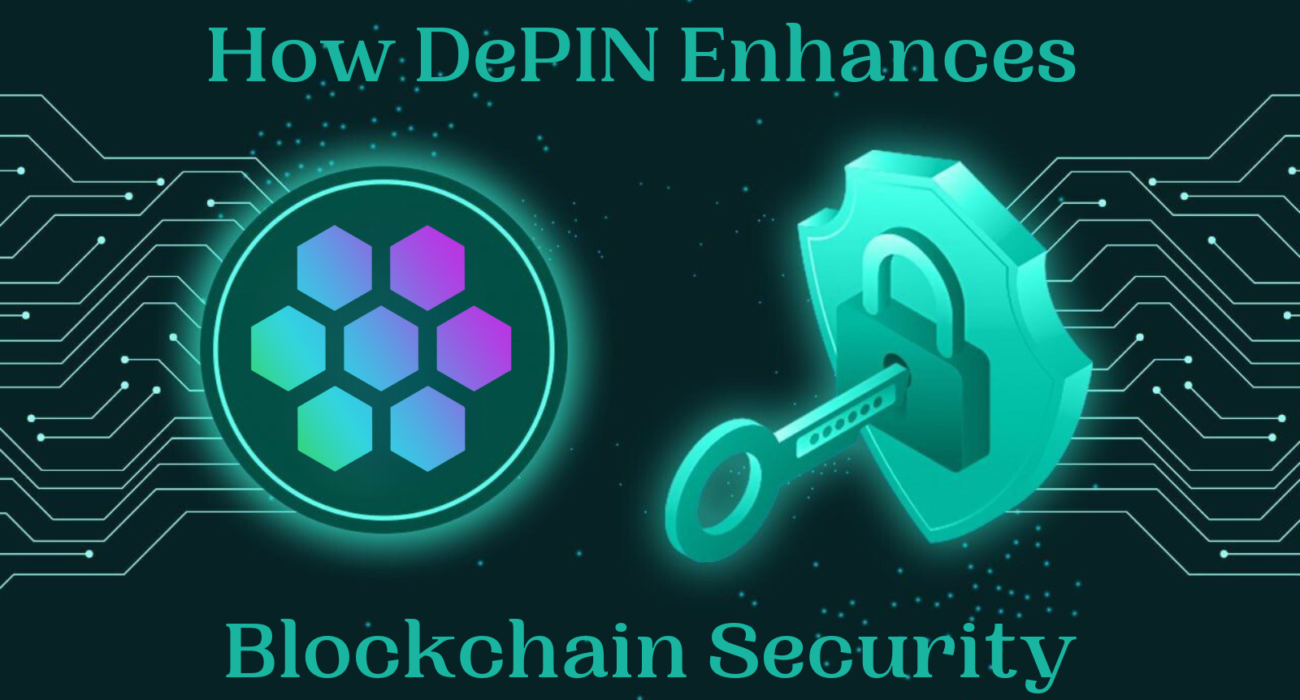Blockchain technology has revolutionized industries, offering decentralized and secure platforms for transactions, data storage, and more. However, despite its groundbreaking potential, blockchain is not immune to security risks. This brings us to the growing interest in Decentralized Physical Infrastructure Networks (DePIN). With the rise of blockchain applications across various sectors, securing decentralized networks has become crucial. This blog will explore how DePIN enhances blockchain security and why it’s shaping the future of secure, decentralized systems.
The integration of DePIN adds a new layer of protection by distributing infrastructure across various participants, reducing vulnerabilities that come with centralized systems. As we move forward, it’s clear that DePIN is pivotal in addressing blockchain’s security challenges.
Understanding Blockchain Security Challenges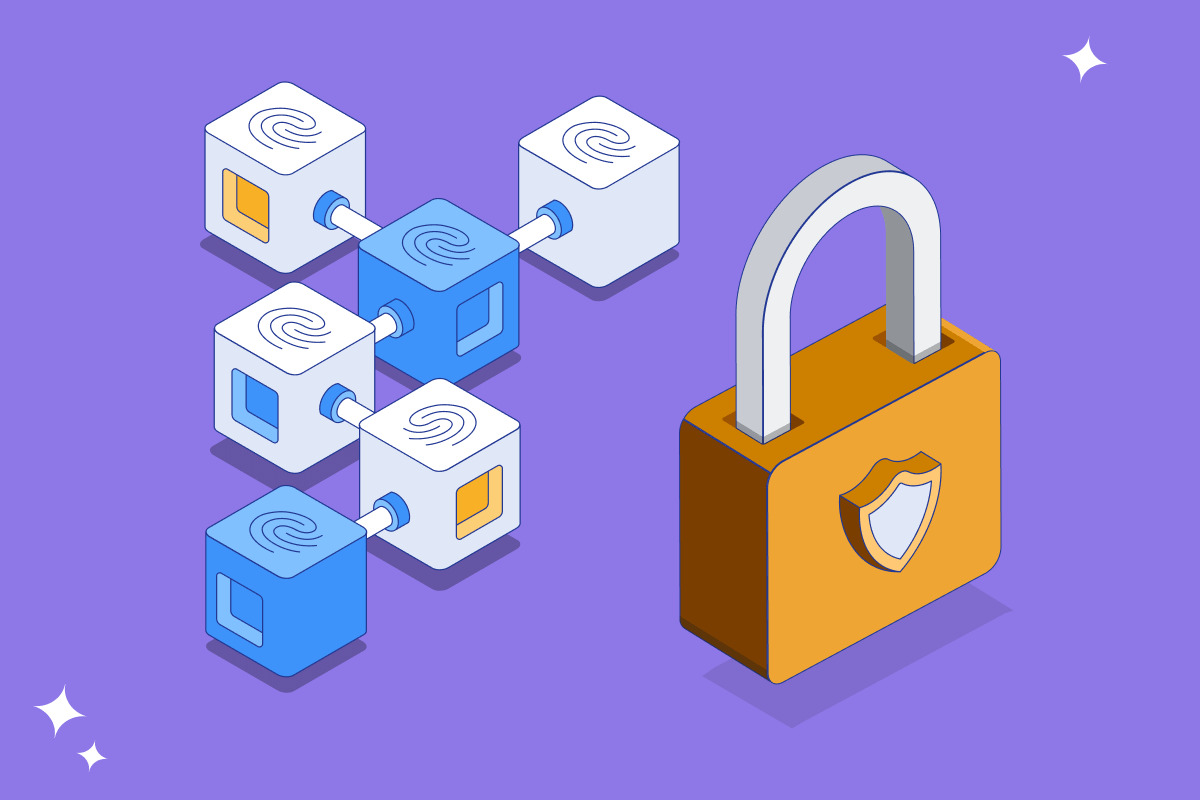
Blockchain technology is inherently secure, thanks to its decentralized nature and cryptographic principles. However, as its use expands, so do its security challenges. Here are some common security risks blockchain faces:
Hacking and Cyber Attacks: Despite its secure nature, blockchain networks can be vulnerable to hacking. One famous example is the 51% attack, where a malicious actor controls the majority of the network’s computing power, allowing them to manipulate transaction records.
Data Breaches: Since blockchain operates in a distributed manner, protecting sensitive data is critical. If data breaches occur, sensitive information could be leaked or exploited.
Consensus Mechanism Vulnerabilities: The consensus mechanisms (like Proof of Work or Proof of Stake) that govern blockchain networks can be exploited or manipulated, compromising the network’s security.
Smart Contract Bugs: Blockchain applications often rely on smart contracts, which, if poorly coded, can be exploited by attackers, leading to significant losses.
Centralized Infrastructure Risks: Despite the decentralized nature of blockchain, many still rely on centralized components like cloud services, which are prone to security breaches.
The question is, how can we mitigate these risks? This is where DePIN enters the picture.
What is DePIN?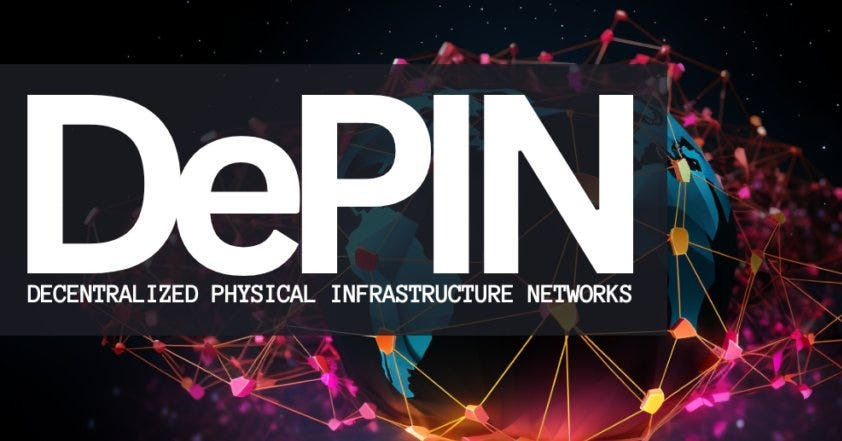
Before diving into how DePIN enhances blockchain security, let’s define DePIN. DePIN stands for Decentralized Physical Infrastructure Network, a model that decentralizes not just the data but also the underlying infrastructure that supports blockchain networks. This means that rather than relying on centralized servers or infrastructure controlled by a single entity, DePIN uses a network of independent participants to provide the necessary physical infrastructure.
Key features of DePIN include:
- Decentralization: Infrastructure is owned and operated by various participants, reducing the risks associated with centralized systems.
- Scalability: DePIN can scale alongside blockchain networks as more participants join the infrastructure network.
- Transparency: Since DePIN operates on blockchain principles, it offers transparent records of infrastructure usage and contributions.
DePIN essentially extends the decentralization of blockchain by removing reliance on centralized infrastructure, which adds a new layer of security.
How DePIN Enhances Blockchain Security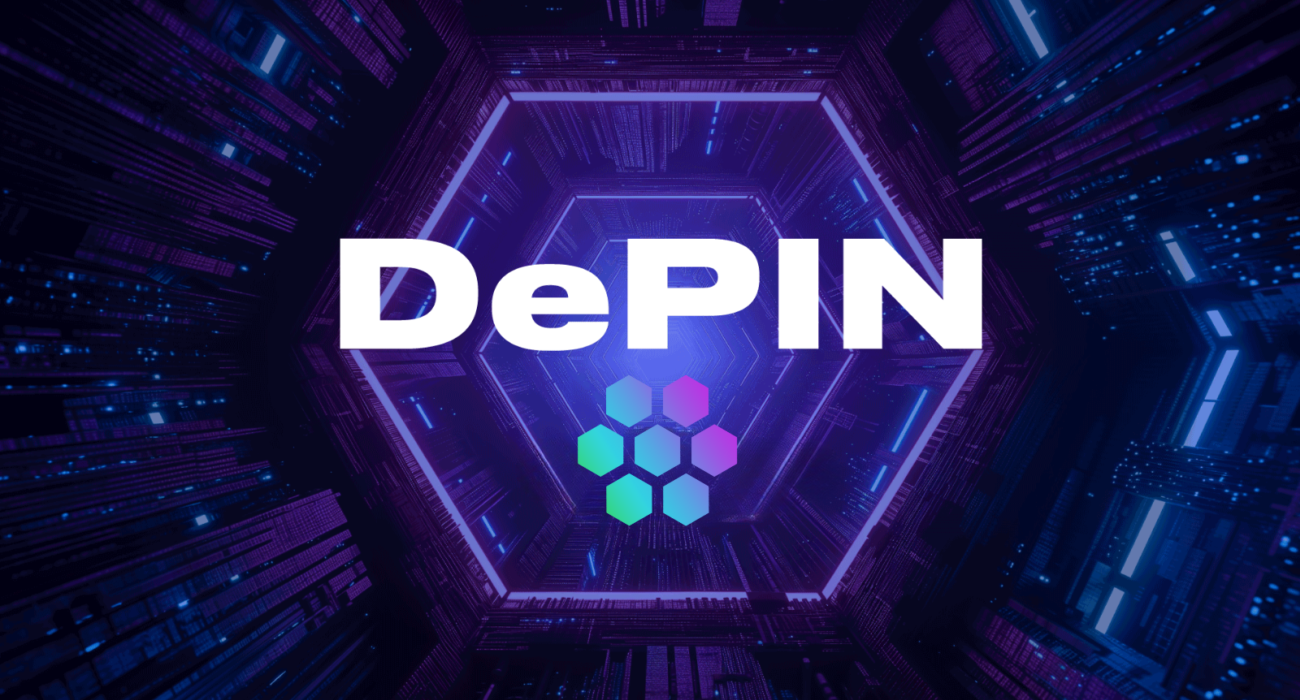
Now, let’s dive deeper into how DePIN enhances blockchain security:
1. Decentralization: Reducing Single Point Failures
One of the primary reasons blockchain is considered secure is its decentralized nature. However, many blockchain networks still rely on centralized servers or cloud infrastructure to store data or run nodes. This creates a single point of failure, which can be targeted by hackers or affected by downtime.
DePIN eliminates this risk by distributing the infrastructure across numerous independent participants. This means that if one server or node goes down, the others can continue to function, ensuring that the network remains secure and operational. Moreover, it reduces the risk of DDoS (Distributed Denial of Service) attacks, which often target centralized servers.
2. Data Integrity and Privacy
DePIN networks are highly secure when it comes to ensuring data integrity. Data stored or processed on DePIN is distributed across multiple locations, making it extremely difficult for hackers to alter or compromise it. Each piece of data is verified through cryptographic methods, ensuring that the information remains unaltered and tamper-proof.
Additionally, DePIN enhances privacy. In a centralized system, data is stored on a single server or a cloud provider, which can lead to potential breaches or unauthorized access. DePIN ensures that data is spread across multiple nodes, making it virtually impossible for an attacker to access or manipulate the data without permission.
3. Resilience Against Attacks
Traditional blockchain networks face a variety of attacks, including the infamous 51% attack, DDoS attacks, and Sybil attacks. DePIN offers a significant advantage by distributing infrastructure and making it difficult for a single entity or hacker to gain control over the network.
DePIN networks are far more resilient because there is no single point of failure that attackers can target. Even in the event of an attack, the distributed nature of the network means that operations can continue uninterrupted, making DePIN a powerful tool for securing blockchain networks.
4. Distributed Consensus Mechanism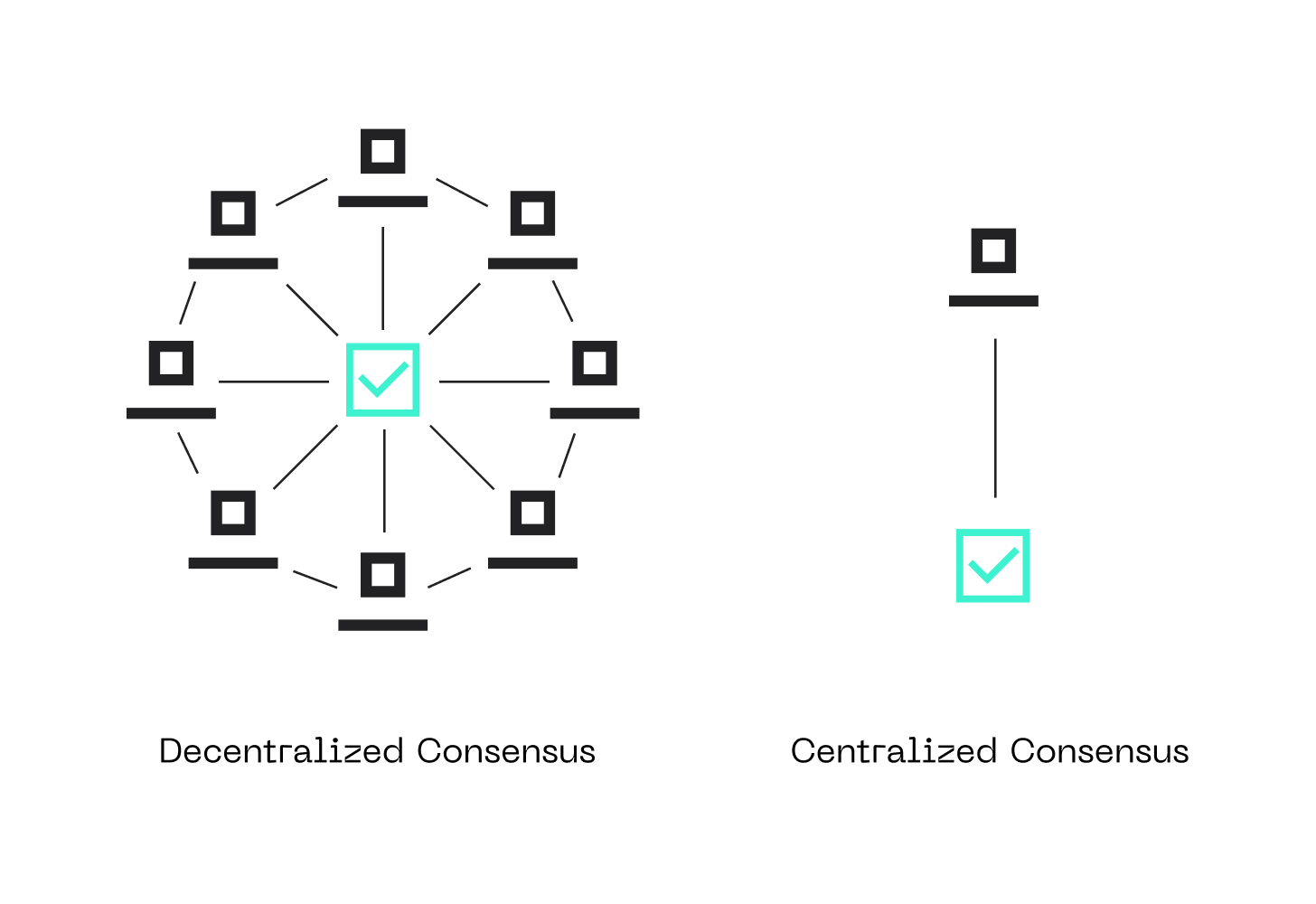
One of the key components of blockchain is its consensus mechanism, which ensures that all participants in the network agree on the state of the blockchain. DePIN enhances this process by distributing the infrastructure that supports consensus, reducing the chances of collusion or manipulation.
In a DePIN-enabled network, participants are incentivized to act honestly because their participation in the network depends on maintaining a good reputation. This makes it harder for malicious actors to take control of the consensus mechanism and manipulate the blockchain.
5. Reduced Vulnerability to Centralized Cloud Services
Many blockchain networks, especially those that are in their early stages, rely on centralized cloud services to run nodes or store data. These services, while convenient, are vulnerable to attacks, breaches, and government intervention.
DePIN eliminates this dependency by offering a truly decentralized infrastructure, where nodes are operated by a network of independent participants rather than a single cloud provider. This reduces the risk of data breaches, outages, and external interference, ensuring that the blockchain network remains secure and resilient.
Real-World Applications of DePIN in Blockchain Security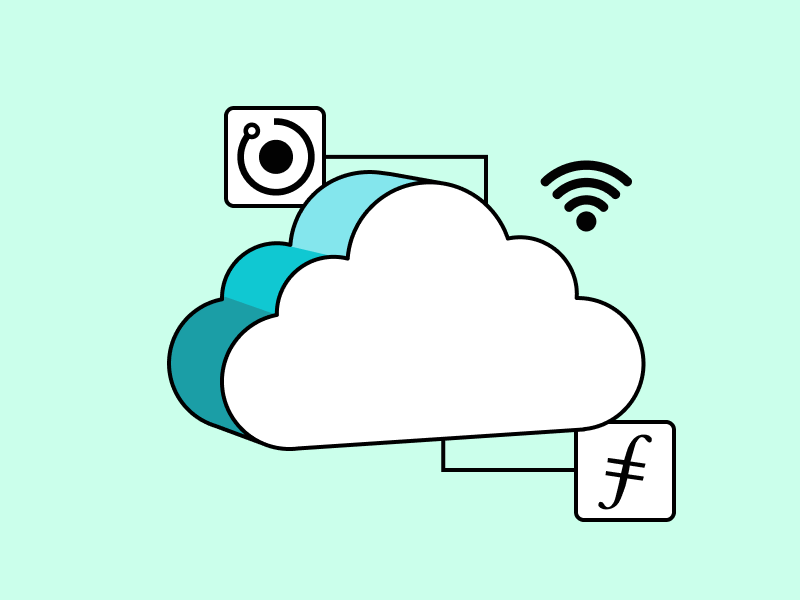
DePIN is not just a theoretical concept; it’s already being used to enhance blockchain security in various industries. Let’s explore some real-world examples of DePIN in action:
- Finance: In the world of decentralized finance (DeFi), security is paramount. DePIN networks are being used to secure decentralized exchanges (DEXs) and lending platforms, ensuring that user funds and transactions are protected from malicious actors.
- Supply Chain: Supply chains rely on secure, transparent networks to track the movement of goods and ensure authenticity. DePIN networks are being used to secure blockchain-based supply chain platforms, ensuring that data is accurate and tamper-proof.
Role of SRP Coin in DePIN Security
In the DePIN ecosystem, tokens like SRP Coin play a crucial role in maintaining security. SRP Coin incentivizes participants to contribute to the network’s infrastructure by rewarding them for providing secure, reliable nodes and resources.
Participants are motivated to maintain the integrity and security of the network, as their rewards depend on the security and performance of the infrastructure they provide. This creates a self-sustaining ecosystem where DePIN and SRP Coin work together to enhance blockchain security.

 China
China Russia
Russia India
India




